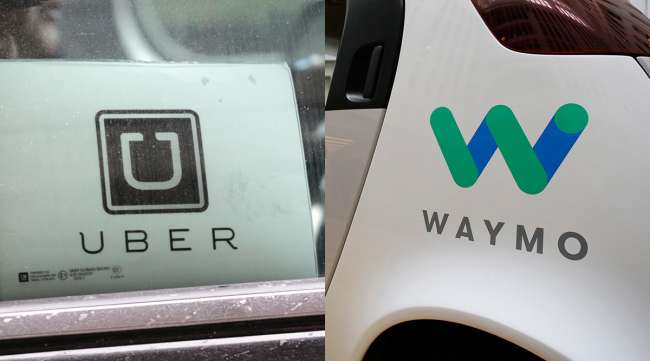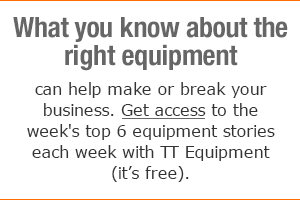Waymo, Uber Squabble Over Ground Rules as Autonomous Vehicle Trade-Secrets Theft Trial Looms

What is a trade secret? That seemingly simple question dominated discussions Nov. 14 during a federal court hearing on Waymo vs. Uber, one of the last pretrial sessions before the case, which could shape the future of autonomous vehicles, heads to a jury on Dec 4.
Waymo, the self-driving offshoot of Google parent Alphabet, sued ride-hailing giant Uber in February. It alleges that Uber swiped its trade secrets for laser-powered lidar sensors, a key piece of self-driving technology that help robot cars “see” the world around them.
RELATED: Judge rules Otto Trucking no longer a co-defendant with Uber in Waymo case
U.S. District Judge William Alsup focused the Nov. 14 hearing on what instructions the 10-person jury should hear to guide them in understanding the law, pressuring lawyers on both sides to cite precedents.
The case hinges on Anthony Levandowski, a former star engineer at Waymo who left the company almost two years ago, started a self-driving truck startup called Otto, and soon sold it to Uber for north of $680 million. Waymo claims Levandowski illicitly downloaded 14,000 files before he left and brought them to Uber. Uber, which fired Levandowski for refusing to cooperate with its investigation, denies that it ended up with any of that allegedly purloined technology.
RELATED: Waymo engineer left trail of deleted files en route to Uber
While Alsup previously has taken it as a given that Levandowski indeed stole technology, on Nov. 14 he pointed to previous cases where courts ruled that engineers had a right to pursue their livelihood even when that involved competing with former employers.
“I’m sympathetic to the engineer who’s trying to make a living and pay the rent as opposed to the big company that’s trying to (sew) up everything,” he said — somewhat ironically, given that Levandowski reaped a $120 million bonus at Waymo before his big payday at Uber.
RELATED: Uber denies it knew about copied data in Waymo secrets suit
“On the other hand, a big company like Uber should not be allowed to steal someone else’s crown jewels, period,” the judge said.
Alsup returned repeatedly to the question of what obligations former employees and their new employers have to ensure that trade secrets don’t get passed along.
“Is an engineer supposed to get a frontal lobotomy before they go on to the next job?” Alsup asked. “The answer’s got to be no, but say they know the recipe for Coca-Cola. They have to forget that before their next job.”
Despite Levandowski’s central role in the case, he’s not a party to the lawsuit — his employment contract with Waymo stipulates that disputes must be handled by arbitration. He’s refused to give testimony, citing his constitutional rights against self-incrimination.
Alsup said he thinks jurors have a legitimate interest in “actually seeing (Levandowski) in the flesh on the stand even if all he does is invoke the Fifth Amendment.” He may limit the questioning, on the premise that it will quickly grow tedious if Levandowski refuses to answer anything beyond his name and address.
The judge earlier this month limited Waymo’s case, rejecting the damages expert it identified. Waymo wanted to peg its alleged damages at $1.9 billion, according to court filings. Lawyers for Waymo and Uber squabbled on Nov. 14 over whether the judge or the jury should determine the damages.
Distributed by Tribune Content Agency, LLC





